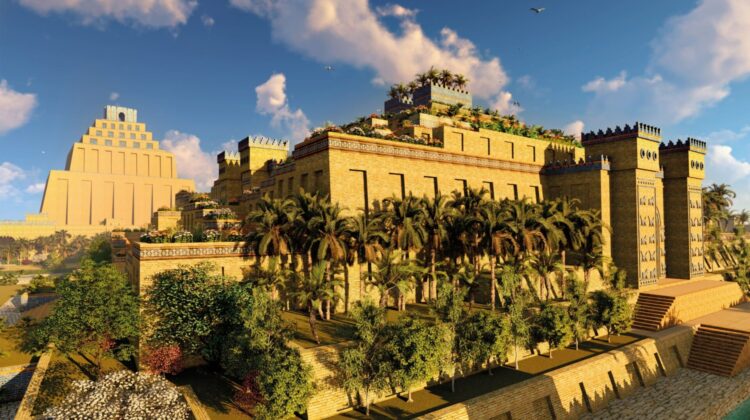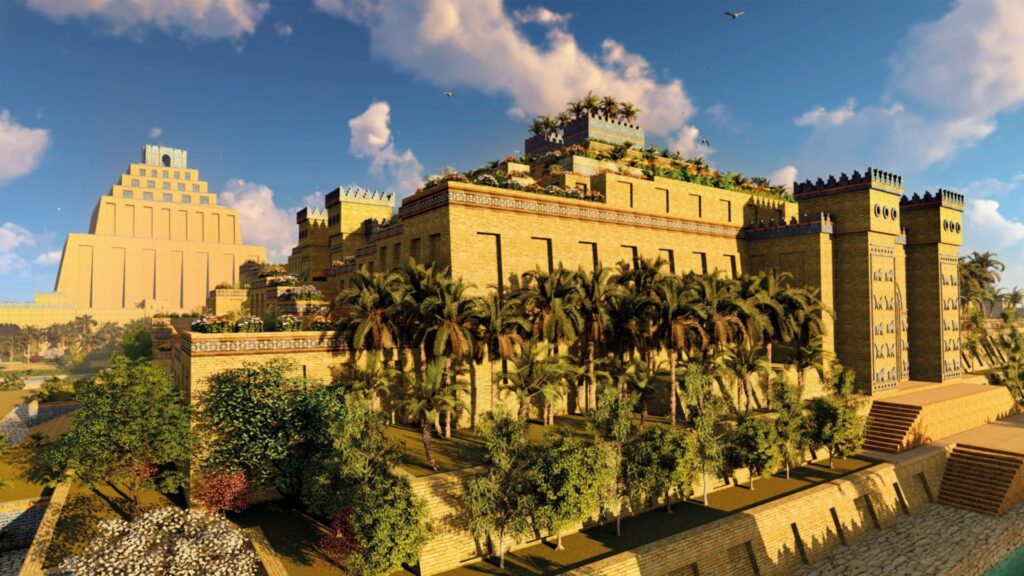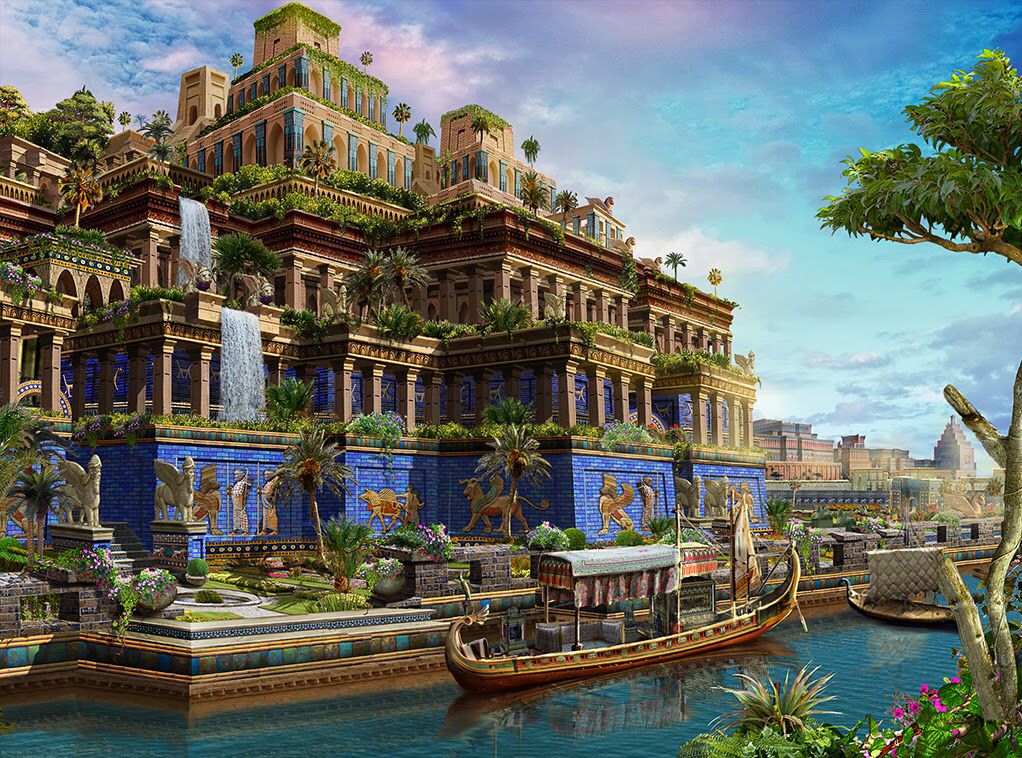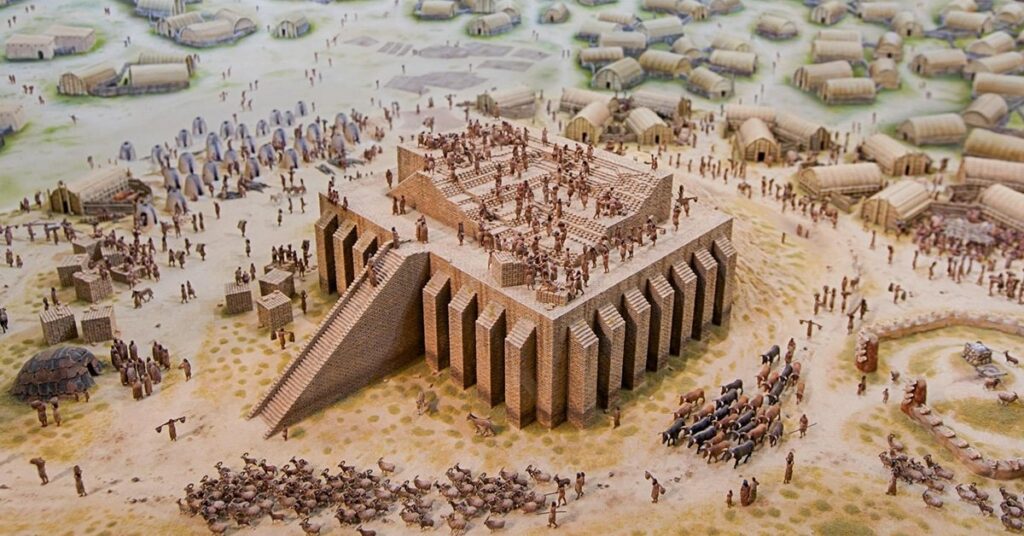
Babylon, the ancient city that once held dominion over vast empires, stands as a testament to the ebb and flow of human history. Renowned for its legendary status as a mighty empire that ruled the world three times in the past, Babylon’s legacy echoes through the annals of time, leaving an indelible mark on the collective consciousness of humanity.
In antiquity, Babylon emerged as a powerful city-state in Mesopotamia, situated on the fertile banks of the Euphrates River. Under the rule of legendary kings such as Hammurabi, Babylon flourished as a center of culture, commerce, and innovation. Its towering ziggurats and majestic palaces bore witness to the city’s unparalleled wealth and influence, attracting merchants, scholars, and travelers from far and wide.

The zenith of Babylon’s power came during the reign of Nebuchadnezzar II, often regarded as its greatest monarch. During his rule in the 6th century BCE, Babylon reached its pinnacle of glory, extending its dominion across the ancient Near East and establishing itself as a superpower of the ancient world. Nebuchadnezzar’s ambitious building projects, including the legendary Hanging Gardens of Babylon, further solidified the city’s reputation as a marvel of human achievement.
However, Babylon’s fortunes were not destined to endure indefinitely. The city faced successive waves of conquest and decline, falling under the rule of foreign powers such as the Persians, Greeks, and later, the Romans. Despite its tumultuous history, Babylon’s legacy persisted in the collective memory of civilizations that followed, immortalized in religious texts, works of literature, and artistic depictions.

Today, the ancient city of Babylon experiences a resurgence, as efforts to preserve and revitalize its historic sites are underway. In 2019, Babylon was designated as a UNESCO World Heritage Site, recognizing its significance as a cultural and archaeological treasure. Excavations and restoration projects aim to uncover the splendor of Babylon’s past, allowing visitors to glimpse into the ancient world and marvel at its grandeur.
Moreover, Babylon’s influence extends beyond the realm of archaeology, shaping contemporary discourse on politics, culture, and society. The concept of “Babylon” has become synonymous with opulence, power, and the rise and fall of civilizations. It serves as a cautionary tale, reminding us of the impermanence of human achievements and the cyclical nature of history.


As we reflect on Babylon’s illustrious past and its enduring legacy, we are reminded of the complex tapestry of human civilization. From its humble origins as a city-state in Mesopotamia to its reign as a global superpower, Babylon’s story is one of triumph and tragedy, resilience and reinvention. In its modern resurgence, Babylon continues to captivate the imagination and inspire awe, serving as a timeless symbol of human ambition and the pursuit of greatness.

Leave a Reply